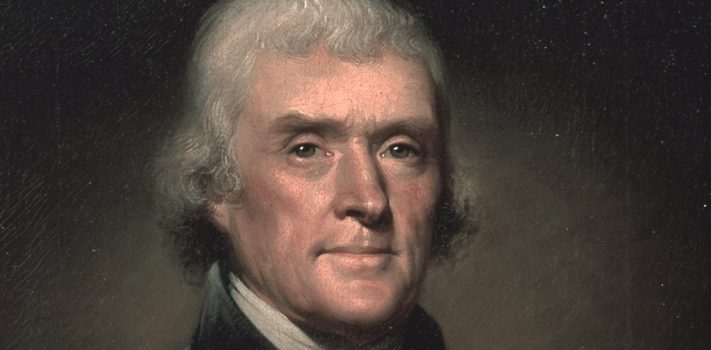“To preserve our independence, we must not let our rulers load us with perpetual debt. We must make our election between economy and liberty, or profusion and servitude.” – Thomas Jefferson
- Ad STRATEGIC RELOCATION REALTYFOR SALE: Self-sustaining Rural Property situated meticulously in serene locales distant from densely populated sanctuary cities. Remember…HISTORY Favors the PREPARED!
- Ad SIEGE belt: the original unmatched action belt. Proven in many unexpected situations on wearers' daily routines & travels. Engineered for extreme durability, performance, comfort & stunning looks. The only effective EDC you can take anywhere.SIEGE STOVES: prep for adventure/crisis with the ultimate ultra-compact survival stove. SIEGE BELTS: prized by those in the know. Blazing fast. Stunning appearance. USA-made.











Now Mr.Jefferson really nailed this one, “We must make our election between economy and liberty, or profusion and servitude.”
That is a very hard sell for most people, as they focus on the profusion (wealth) and ignore the wires that are being laid upon them. Each wire, with its companion gradually forms a cable that binds the “well-off” person. Sigh.
Carry on in grace
Reminds me of the phrase “I’d rather be a sovereign in squalor than a slave in splendor.”
The only upside to our great-great grand children paying off our debt would be that the Country still exists. I fear what we are seeing now is politicians stealing the silverware as the ship is sinking.
More of Thomas Jefferson and a bit less of Voltaire. We know, Voltaire hated Christianity. [Quite a few Voltaire types want to make up the rules for Right and Wrong; such types discount a God or Natural Law from God.]
***********
From the Wallbuilder site:
“Many people are surprised to learn that the United States Capitol regularly served as a church building; a practice that began even before Congress officially moved into the building and lasted until well after the Civil War. Below is a brief history of the Capitol’s use as a church, and some of the prominent individuals who attended services there.”
“The approval of the Capitol for church was given by both the House and the Senate, with House approval being given by Speaker of the House, Theodore Sedgwick, and Senate approval being given by the President of the Senate, >> >>>Thomas Jefferson. Interestingly, Jefferson’s approval came while he was still officially the Vice- President but after he had just been elected President.” …
“Jefferson attended church at the Capitol while he was Vice President 5 and also throughout his presidency. The first Capitol church service that Jefferson attended as President was a service preached by Jefferson’s friend, the Rev. John Leland, on January 3, 1802. 6 Significantly, Jefferson attended that Capitol church service just two days after he penned his famous letter containing the “wall of separation between church and state” metaphor.” …
“From Jefferson through Abraham Lincoln, many presidents attended church at the Capitol; and it was common practice for Members of Congress to attend those services.” …
“In addition to the non-denominational service held in the Hall of the House,several individual churches (such as Capitol Hill Presbyterian, the Unitarian Church of Washington, First Congregational Church, First Presbyterian Church, etc.) met in the Capitol each week for their own services; there could be up to four different church services at the Capitol each Sunday.”
***********************************************************
***********************************************************
The diabolical heirs of Voltaire decided ‘separation’ was a synonym for Establishment. [Anyone curious, The King or Queen of England is also the head of the Church of England. That’s what the other denominations coming to the colonies were fleeing in terms of an Establishment Church.]
As a note for something ignored by our Supreme Court and their cronies. NO ONE VOTED to adopt the ‘letters of Thomas Jefferson’ as part of our Bill of Rights. “The idea of Separation of Church and State’ is an >imposed idea. It was not really part of the US Constitution.
The original Establishment clause as said earlier was to prevent an Establishment Church like England with the King in charge, with all the legal prohibitions against other denominations.
The Founding Fathers did NOT live as though a ‘Separation of Church and State’ existed.